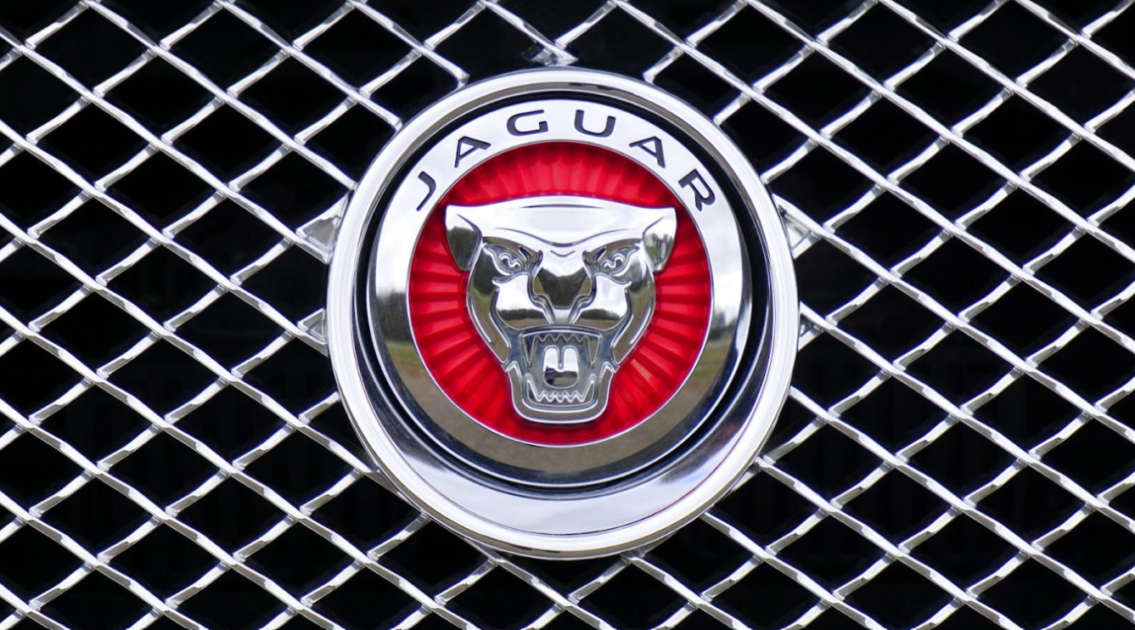A well-designed logo is one of the most powerful tools a brand has to communicate its identity, values, and personality in an instant. More than just a decorative mark, your logo becomes the face of your business, appearing on websites, products, social media, marketing materials, and even physical storefronts. It’s the visual anchor that ties your brand together and leaves a lasting impression on customers.
A strong logo doesn’t just look good; it embodies your brand’s message and distinguishes you from the competition. For this reason, investing in logo design should be considered a strategic priority rather than an afterthought.
The Role of Expertise in Logo Creation
Professional guidance is often crucial when it comes to designing a logo that aligns with a company’s long-term vision. Partnering with a branding team from San Francisco or another design hub can provide the creative expertise needed to translate abstract brand values into visual form. These experts understand the technical aspects of design and the psychological impact of colors, typography, and shapes.
While it may be tempting to rely on quick DIY solutions, logos designed without a comprehensive strategy often fail to capture the essence of a brand. Experienced professionals conduct market research, analyze competitors, and consider scalability to ensure your logo works across different platforms and media. This ensures that your investment is not just visually appealing but strategically impactful.
Communicating Your Brand Identity
Your logo is the shorthand representation of your business’s identity. Every element, from the choice of font to the use of color, communicates something about your brand. A sleek, minimalist design may convey sophistication and modernity, while a playful, colorful logo might suggest creativity and approachability.
The best logos strike a balance between being simple enough to be memorable yet detailed enough to reflect the depth of the brand. They evolve with the company. Iconic brands like Apple and Nike have made subtle adjustments to their logos, refining them to remain relevant while retaining brand recognition. This adaptability is crucial for businesses in industries that shift quickly or expand into new markets.
Building Trust and Recognition
Consistency is key in branding, and a logo serves as the cornerstone of this consistency. When customers see your logo repeatedly, on advertisements, packaging, or digital channels, it builds recognition. This recognition fosters trust, which is one of the most valuable assets for any business.
Consider global corporations like Coca-Cola or McDonald’s: their logos are so recognizable that they instantly trigger brand associations, even without accompanying text. For small and medium-sized businesses, creating this kind of recognition starts with a well-designed logo that can be replicated across touchpoints with clarity and confidence.
Differentiating from Competitors
Businesses must fight for attention. A distinctive logo can be the deciding factor in whether a potential customer chooses your brand over another. While products and services may be similar, branding creates emotional resonance that influences purchasing decisions.
Through thoughtful use of colors, fonts, and imagery, your logo can highlight what sets your business apart. Eco-friendly companies may incorporate natural hues and organic shapes, while tech firms often opt for clean lines and futuristic typography. Differentiation through design allows your brand to speak for itself before a single word is read.
Versatility Across Platforms
A strong logo isn’t just designed to look good in one place; it must work everywhere. From large billboards to tiny social media profile pictures, logos need to maintain their clarity and impact across all sizes and mediums. Vector-based designs ensure scalability, while simplified variations (such as monochrome versions) maintain usability in different contexts.
This versatility is critical because branding must extend seamlessly across websites, apps, merchandise, and even video content. A well-designed logo ensures that no matter where customers encounter your business, they recognize it instantly.
The Emotional Connection
Logos do more than just identify; they evoke emotion. The use of color psychology, symbolism, and design principles can spark feelings of trust, excitement, security, or aspiration. Customers don’t just buy products or services; they buy into the feelings that brands evoke.
When your logo effectively triggers positive emotions, it strengthens brand loyalty. Think of how consumers proudly wear branded merchandise or display stickers with their favorite company’s logo. This emotional connection transforms customers into advocates who help spread brand awareness organically.

A logo may appear to be a small piece of your brand strategy, but its impact is far-reaching. It communicates identity, fosters trust, differentiates your business, and creates an emotional connection with customers. Investing in professional logo design ensures your brand stands out in a crowded marketplace and resonates across every platform where your business is represented.
A well-designed logo is not just a symbol, it’s a promise of who you are and what you stand for. When executed thoughtfully, it becomes one of your most powerful tools for long-term success.
Published: September 5, 2025




